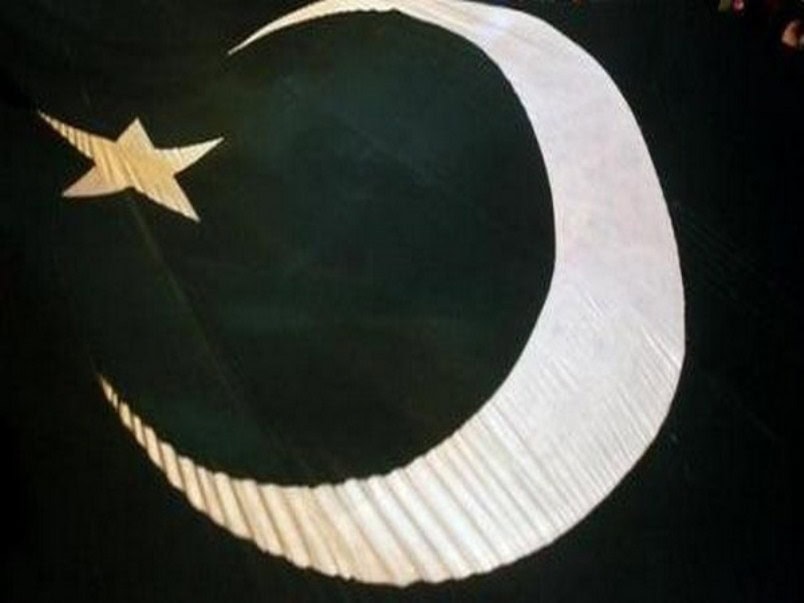Islamabad: Pakistan will not resort to military action in a row with nuclear arch-rival India over Kashmir, its foreign minister said Thursday, as tensions soared over New Delhi’s decision to tighten its grip on the disputed region.
The statement from Pakistani foreign minister Shah Mehmood Qureshi eased fears of an all-out clash between the South Asian neighbours, who have already fought two of their three wars over the Himalayan region — but none since they both gained nuclear weapons.
On Monday Delhi stripped the Indian-held portion of Kashmir of its special autonomy, bringing it under its direct rule and deepening animosity with Pakistan, igniting days of debate over how the country should respond.
“Pakistan is not looking at the military option. We are rather looking at political, diplomatic, and legal options to deal with the prevailing situation,” said Pakistani foreign minister Shah Mehmood Qureshi during a press conference in Islamabad.
Tensions remained high, however, with Qureshi’s comments coming on the heels of a decision by Islamabad to downgrade its diplomatic ties with India, suspend bilateral trade, and expel the country’s envoy.
Pakistan has also promised to take the matter to the United Nations Security Council, while its military says it “firmly stands” with Kashmiris.
Delhi has dismissed Pakistan’s “alarmist” reaction and warned against interfering in what the foreign ministry insisted was “entirely the internal affair of India”.
“Seeking to interfere in that jurisdiction by invoking an alarmist vision of the region will never succeed,” the ministry said in a statement.
“The government of India regrets the steps announced by Pakistan… and would urge that country to review them so that normal channels for diplomatic communications are preserved,” the statement added.
– Hundreds detained –
The diplomatic clash came as a petition was filed with the Supreme Court by an activist challenging the curfew in Kashmir, which was imposed to suppress any unrest in response to the loss of autonomy.
Activist Tahseen Poonawala and lawyer M.L. Sharma asked the Supreme Court to lift the lockdown and release people who have been detained as part of the crackdown.
Pakistani Nobel laureate Malala Yousafzai, who was shot in the head by the Taliban in 2012, on Thursday tweeted that she was “worried about the safety of the Kashmiri children and women, the most vulnerable to violence and the most likely to suffer losses in conflict”.
“I believe we all can live in peace,” she added, in comments that were supported and criticised by Twitter users from India and Pakistan.
University professors, business leaders and activists are among the 560 people rounded up by authorities and taken to makeshift detention centres — some during midnight raids — in the cities of Srinagar, Baramulla and Gurez, the Press Trust of India and the Indian Express reported.
ANI news agency also reported that the leader of the opposition in the upper house, Ghulam Nabi Azad from the Congress party, was stopped at Srinagar airport when he flew to the city and sent back.
The detentions came as Prime Minister Narendra Modi was set to address the nation on the radio later Thursday to explain his Hindu nationalist government’s decision.
Tens of thousands of Indian troops are enforcing the lockdown which includes no internet or phone services, and are allowing only limited movement on streets usually bustling with tourists flocking to the picturesque valley.
Experts warn that the valley is likely to erupt in anger at the government’s shock unilateral move once the restrictions are lifted, which could come on the Muslim festival of Eid on Monday.
Late Wednesday India’s aviation security agency advised airports across the country to step up security as “civil security has emerged as a soft target for terrorist attacks” on the back of the Kashmir move.

